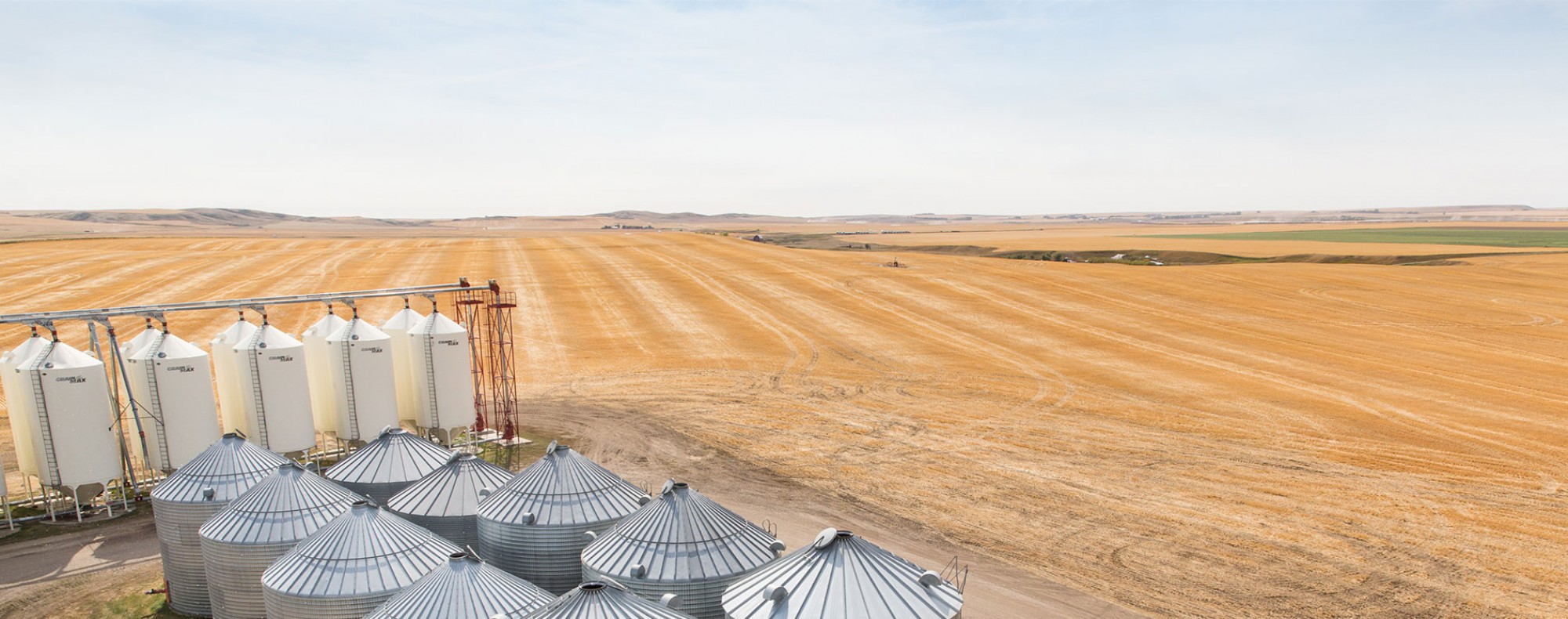Alberta Wheat and Barley Commissions call for redefinition of Canadian Grain Commission role to better serve farmers
As part of the Canada Grain Act review, the Alberta Wheat and Barley Commissions call for an end to mandatory outward weighing and inspection services by the Canadian Grain Commission (CGC) that impose additional costs on farmers, and the expansion of the CGC’s role in supporting farmers’ rights to dispute grading results.
In their submission, the commissions say the review is an opportunity for the Government of Canada to redefine the functions and responsibilities of the CGC.
“We believe the current hybrid role of the CGC, as both a regulator and service provider, is no longer the best use of resources or in farmers’ best interests,” says Todd Hames, Alberta Wheat Commission chair. “The market for testing services is mature and efficient, and it is no longer necessary for the government to provide these services.”
“These recommendations recognize that the growing amount of technical testing throughout the grain value chain will require an expansion of the CGC’s regulatory and enforcement role to ensure farmers’ grain is graded consistently,” says Tara Sawyer, Alberta Barley chair. “We are also calling for greater transparency in the cost of the regulatory system to farmers.”
Among the key recommendations are:
- Eliminate the provision of mandatory services by the CGC, including outward weighing and inspection of outgoing grain vessels. The CGC would instead accredit third parties to test and inspect grain exports on a competitive basis in line with customer demand. Approximately 80 per cent of export shipments are currently double inspected due to the requirement for a CGC inspection, plus contractual obligations for a third-party inspection. These additional costs are passed onto farmers through lower grain prices.
- The direct costs of regulation by the CGC must no longer be hidden in the grain basis, and should be shown as a fee on producers’ grain sales for increased transparency. The fee calculation should be adjusted annually to maximize the use of surplus funds from the previous year.
- CGC functions provided for the good of all Canadians such as the Grain Research Laboratory must be fully funded by Canadian taxpayers.
- The CGC must expand their role in regulating and enforcing grading methods and procedures for domestic transactions of grain wherever CGC standards are used for quality assessment.
- The producers’ right to dispute grading results, subject to the CGC inspector’s assessment must be expanded to include assessment of non-grade requirements (i.e. Falling Number and DON), and the right to dispute grading results must be available to a producer for a window of five business days from the date of a grain delivery.
Other recommendations include empowering the CGC to provide more timely dissemination of information on grain exports.
The commissions also support a review of the Western Wheat Classification system by the CGC. There are currently ten western classes of wheat with four classes comprising 95 per cent of production.
For a summary of the commissions’ key recommendations, click here. To review the full submission report, click here.
Media Contact:
Erin Tateson
Interim Communications Manager
Alberta Wheat and Barley Commissions
etateson@albertawheatbarley.com
403-219-7902
